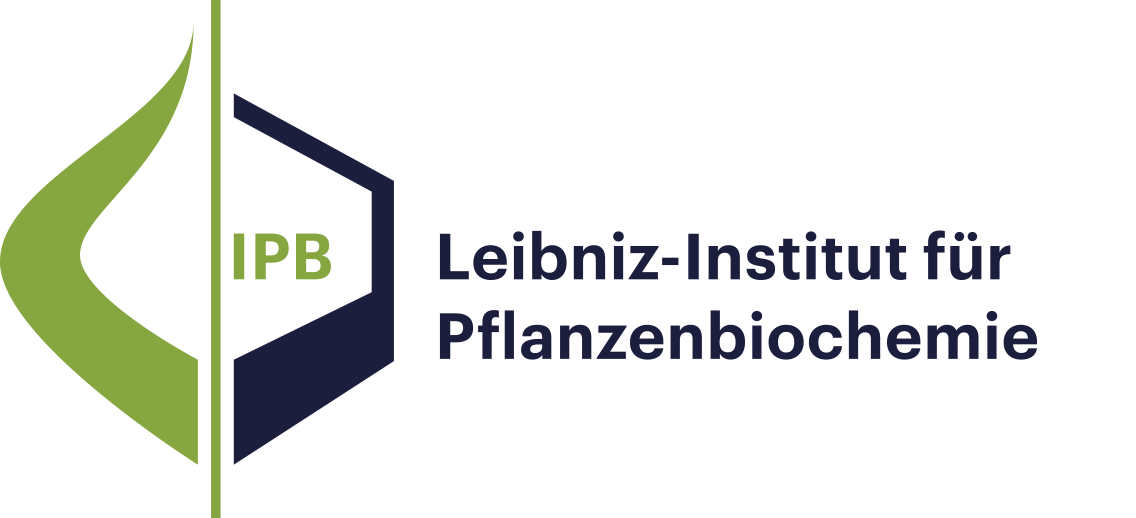- Ergebnisse als:
- Druckansicht
- Endnote (RIS)
- BibTeX
- Tabelle: CSV | HTML
Publikation
Leitbild und Forschungsprofil
Molekulare Signalverarbeitung
Natur- und Wirkstoffchemie
Biochemie pflanzlicher Interaktionen
Stoffwechsel- und Zellbiologie
Unabhängige Nachwuchsgruppen
Program Center MetaCom
Publikationen
Gute Wissenschaftliche Praxis
Forschungsförderung
Netzwerke und Verbundprojekte
Symposien und Kolloquien
Alumni-Forschungsgruppen
Publikationen
Publikation
The increasing global population and climate change pose significant challenges to agriculture, particularly in managing plant diseases caused by phytopathogens. Traditional methods, including chemical pesticides and antibiotics, have become less effective due to pathogen resistance and environmental concerns. Phage therapy emerges as a promising alternative, offering a sustainable and precise approach to controlling plant bacterial diseases without harming beneficial soil microorganisms. This review explores the potential of bacteriophages as biocontrol agents, highlighting their specificity, rapid multiplication, and minimal environmental impact. We discuss the historical context, current applications, and prospects of phage therapy in agriculture, emphasizing its role in enhancing crop yield and quality. Additionally, the paper examines the integration of phage therapy with modern agricultural practices and the development phage cocktails and genetically engineered phages to combat resistant pathogens. The findings suggest that phage therapy could revolutionize phytopathological management, contributing to global food security and sustainable agricultural practices. One-Sentence Summary The burden of plant diseases and phage-based phytopathological treatment.Graphical abstract

